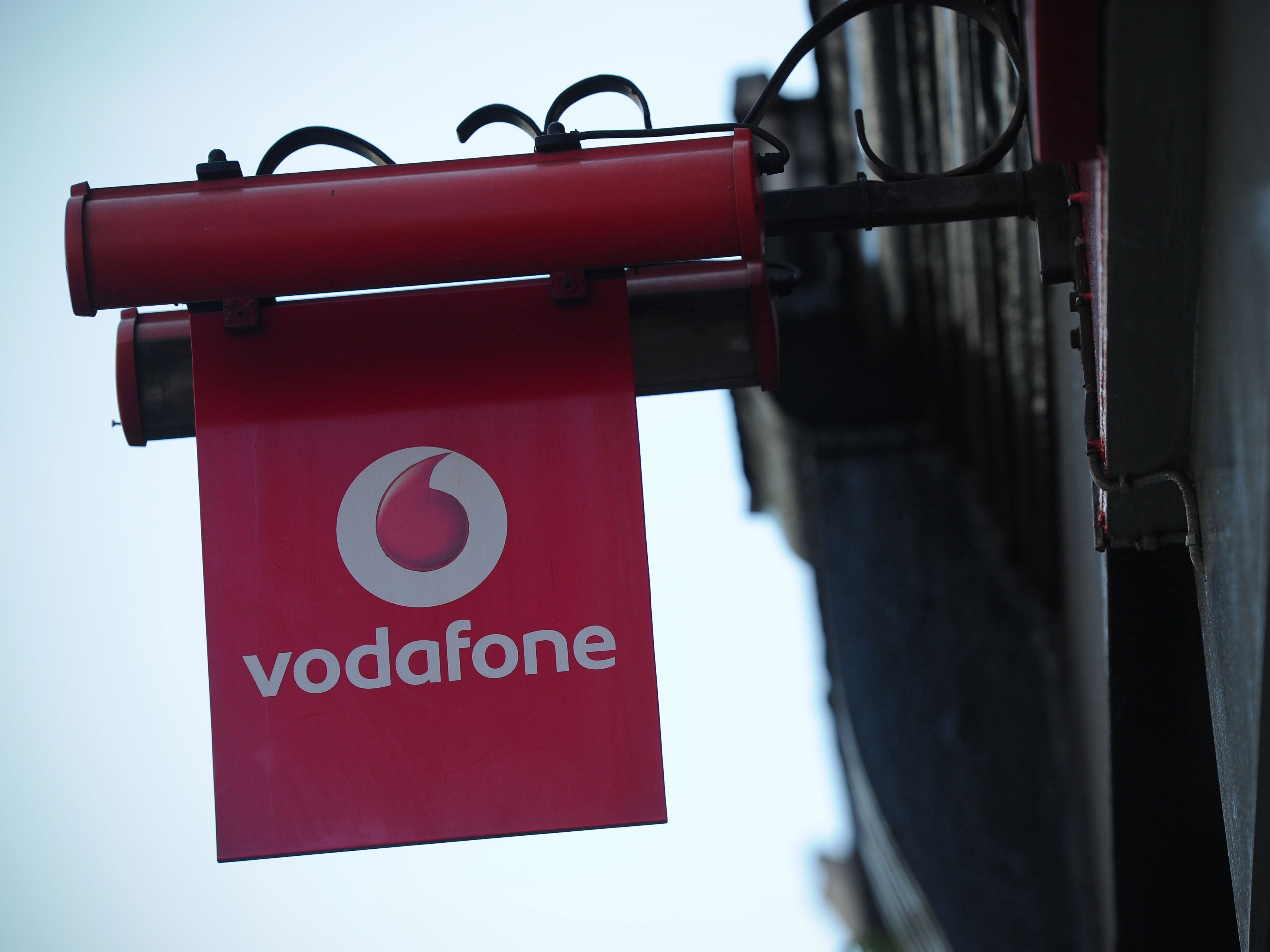Brexit is a clear message to big business: you refused to change your ways and now you'll pay the price
Vodafone is considering moving its HQ outside of the UK as 55 per cent of its earnings are from the EU, while the UK ponies up just 11 per cent


See, we told you so. Vodafone has become one the first out of the stalls to announce it is considering leaving in response to Brexit. Its operational HQ is only ten minute drive or so from Newbury Racecourse so perhaps that’s no surprise.
Vodafone will not be the last. It usually angers me when businesses cynically cry gimme gimme gimme or we’ll disappear to lever concessions out of Government. Voda’s decision isn’t about that. Its European operations provide 55 per cent of its earnings. The UK ponies up just 11 per cent. Voda needs the single market. If that is denied, well, what would you do in chief executive Vittorio Colao’s place?
Of course, Vodafone is a multinational. There are many more businesses, and I’m talking about big businesses, which earn the main part of their crusts here. They’re going to have to live with the mess Boris and his boys have made for them. Party of business anyone?
However, while it might be fun lobbing bricks at the wreckers, business needs to think carefully about the role it played in their ascent to power.
When you listen to many Brexit voters one thing becomes rather clear: They did it to kick against the political and business establishment (even if that is exactly where Leave’s leaders come from).
You can trace their anger back to the financial crisis, when the banks were bailed out. The taxpayer took the pain while those responsible retired on absurdly generous pensions. Then there are the pay packages that defy belief. CEOs sometimes like to compare themselves to Premiership footballers. Too many get paid for performance like that which England produced against Iceland.
Is it any wonder that the cry of “well it’s alright for them” went up whenever they tip toed onto the referendum stage?
Throw in the BHS scandal, another example of wealthy business chiefs raking in millions while their employees get burned, and it’s hardly a surprise that the voice of business has not been heard by the voters. In a society that has become dangerously unequal, and unstable, something was always going to give.
At this point, PR people will start to cry about how it’s all down to the “meeja” and if journalists wrote nice things about business chiefs this wouldn’t happen. I’ve heard that message in recent days from PR professionals. It’s naive, and stupid. Journalists weren’t responsible for any of the above. They just reported them. And those issues aren’t actually the main cause of malaise.
Surrounded by legions of these flappers, business leaders have walled themselves off. Worse still, they have walled their businesses off. Too often when you have an issue with a company, your first contact will be through the disembodied voice of a phone menu that will eventually lead you through to an offshore call centre if you are lucky. The advent of e-commerce has exacerbated the process of disengagement. In many ways it is a wonderful tool, but it has allowed companies to rely on help menus, e-mail and live chat. If the person on the check-out smiles at you, talks to you, helps you with a query, you feel good and are more likely to return. If you’re left with a help menu that does nothing to help your with your issue, you bang the keyboard in frustration. When the leader of that business suddenly says leaving the EU is a very bad thing, so what? Why should I care about them? And so it goes.
This needs to change. For business to win in Britain, Britain needs to believe that it is winning alongside business, so no more cries of “me me me”. It needs to understand and value the contribution business makes. The only way that happens is for business to engage more constructively and actively with community around it.
It can happen. Many schools in Tower Hamlets benefit from City boys and girls going in to help with reading, or mentoring. Apprenticeship programmes could help, if they are about more than just the exploitation of cheap labour. It would be useful if, when the Thatcherites in Government get around to burning workers rights, business leaders said, actually, this isn’t such a good idea because we want our workers to feel secure and valued. They work better when that happens. Again, this has happened. For example, the CIPD, the professional body for ‘human resource’ (horrible term that) professionals made a noise the last time the Government tried to indulge in some cheap union bashing.
Sadly this sort of thing doesn’t happen often enough. Can a business leadership that is middle aged, upper middle class, white and out of touch, take this on board? It needs to understand if it doesn’t those workers I’ve mentioned will take revenge. It matters little that they have badly damaged themselves in the process.

Join our commenting forum
Join thought-provoking conversations, follow other Independent readers and see their replies